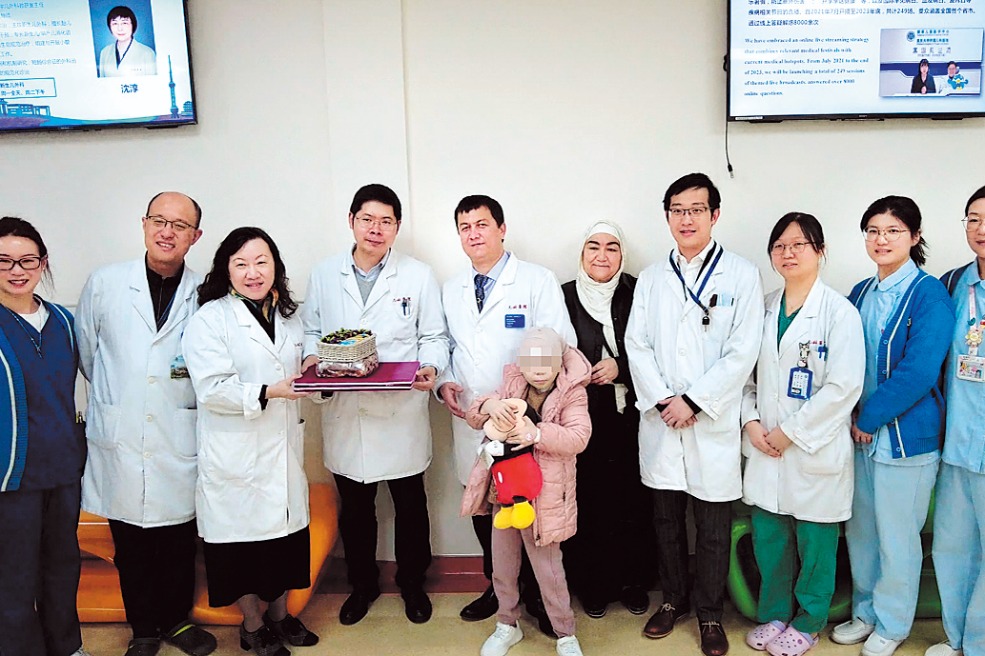Snack scam: Agricultural universities urged to take action against unauthorized endorsements

Agricultural universities are urged to proactively report suspected unauthorized advertising of snacks to market regulators to safeguard their reputations. This comes after various colleges denied any involvement with popular snacks sold online that falsely claimed collaboration with these institutions.
A recent report by China Central Television revealed that investigations by the Shanghai Consumer Council found several popular online snacks misleadingly suggesting ties with agricultural colleges. Despite these claims, some of the snacks failed to meet nutrient standards.
For instance, the "90 Nongda" vegetable roll, an online snack, asserted that the Northeast Agricultural University's College of Food Science provided "technological support." However, tests conducted by the consumer council showed significant discrepancies, with the protein content 25 percent lower and fat 38 percent higher than claimed on the packaging.
The university, in response, clarified that it doesn't manufacture food products and has no association with the snack's company or manufacturer.
Similarly, "Fantianwa latiao," a spicy gluten snack, claimed to be developed by Hunan Agricultural University and Hunan Academy of Agricultural Sciences. However, both institutions denied authorizing the company to use their name for promotion.
In other cases, the Chinese Academy of Agricultural Sciences and the Zhangjiakou Academy of Agricultural Sciences in Hebei province distanced themselves from an oat bran snack. Jiangnan University clarified that their collaboration with a low-carbohydrate brown rice production company had ended before the product's release.
Experts noted that some snack producers exploit agricultural institutes' reputations to create an illusion of health and quality. However, the consumer council's investigation revealed that many such products failed to live up to their promotional claims, damaging the institutes' reputations.
Shan Feiyue, a law professor at Shanghai University of Finance and Economics, emphasized that if products endorsed by agricultural institutes don't match their promotion, it infringes on consumers' right to accurate information.
Several institutes have taken legal action against such practices. Shanghai Academy of Agricultural Sciences, for instance, reported similar behavior to market inspectors after an investigation conducted by a law firm it had engaged.
In an editorial, the China Consumer News emphasized that academic institutes should step out of their "comfort zone" to address infringements promptly. It suggested that institutes should openly address public concerns while simultaneously collecting evidence and reporting to market regulators.




































